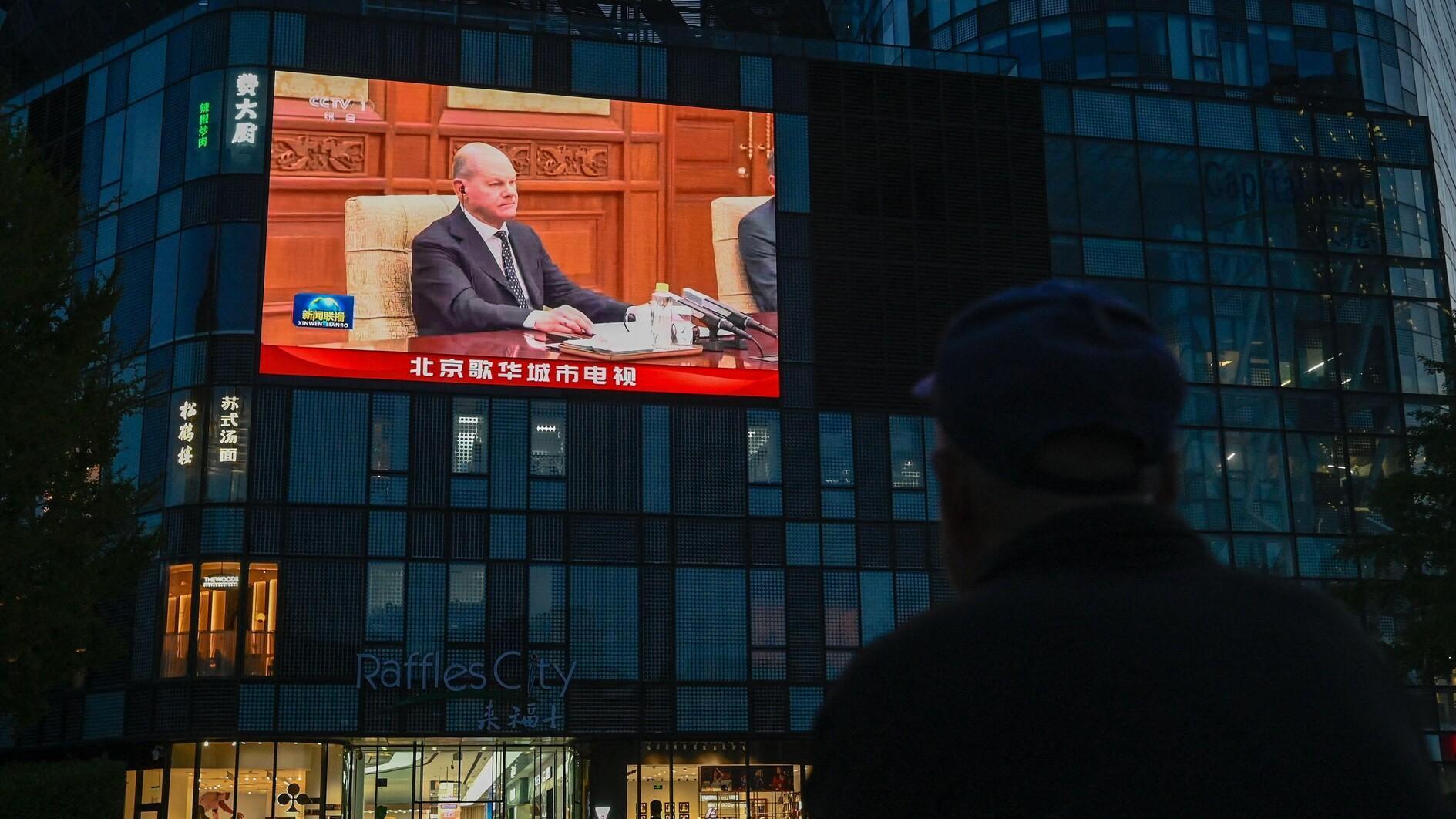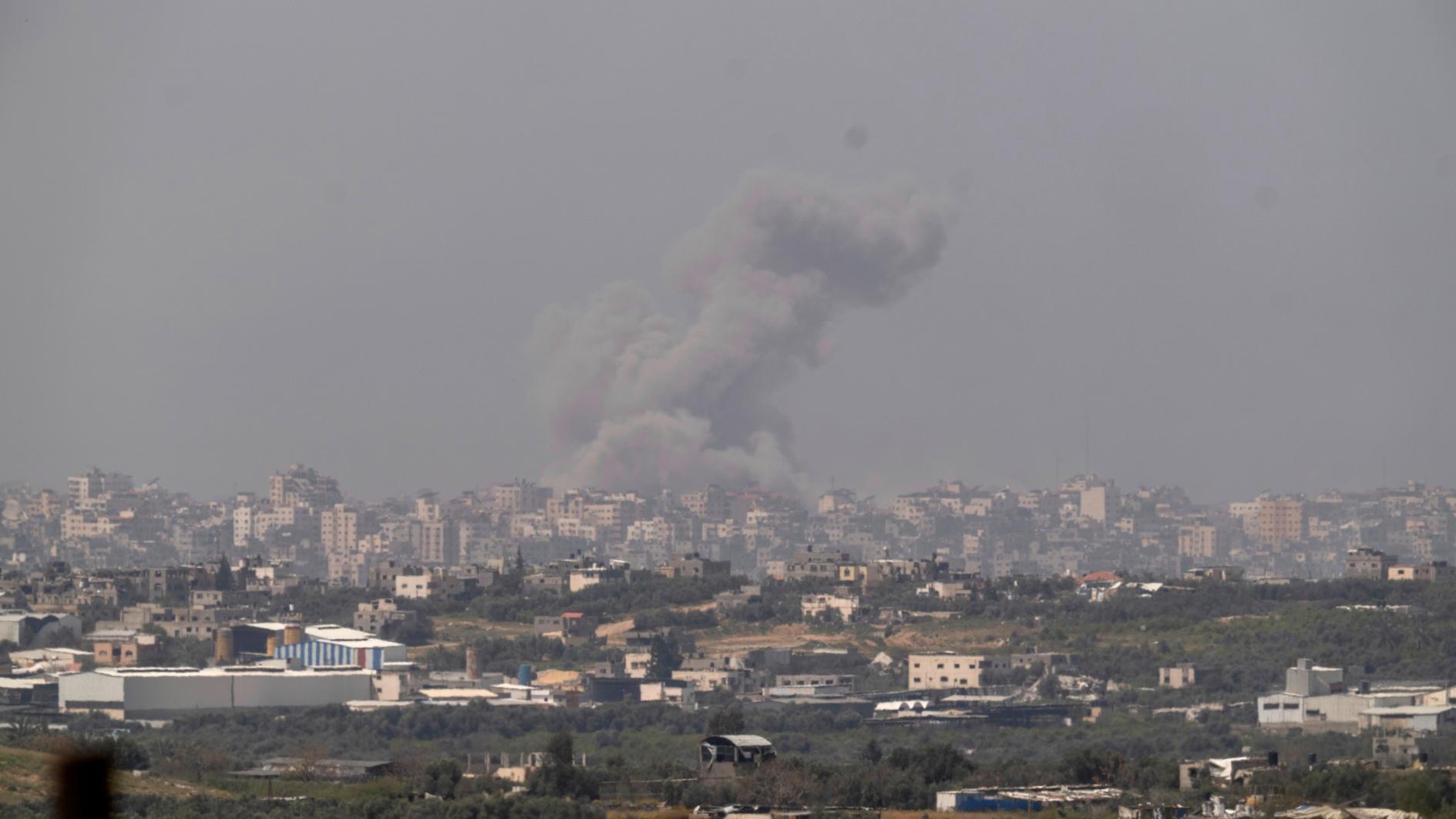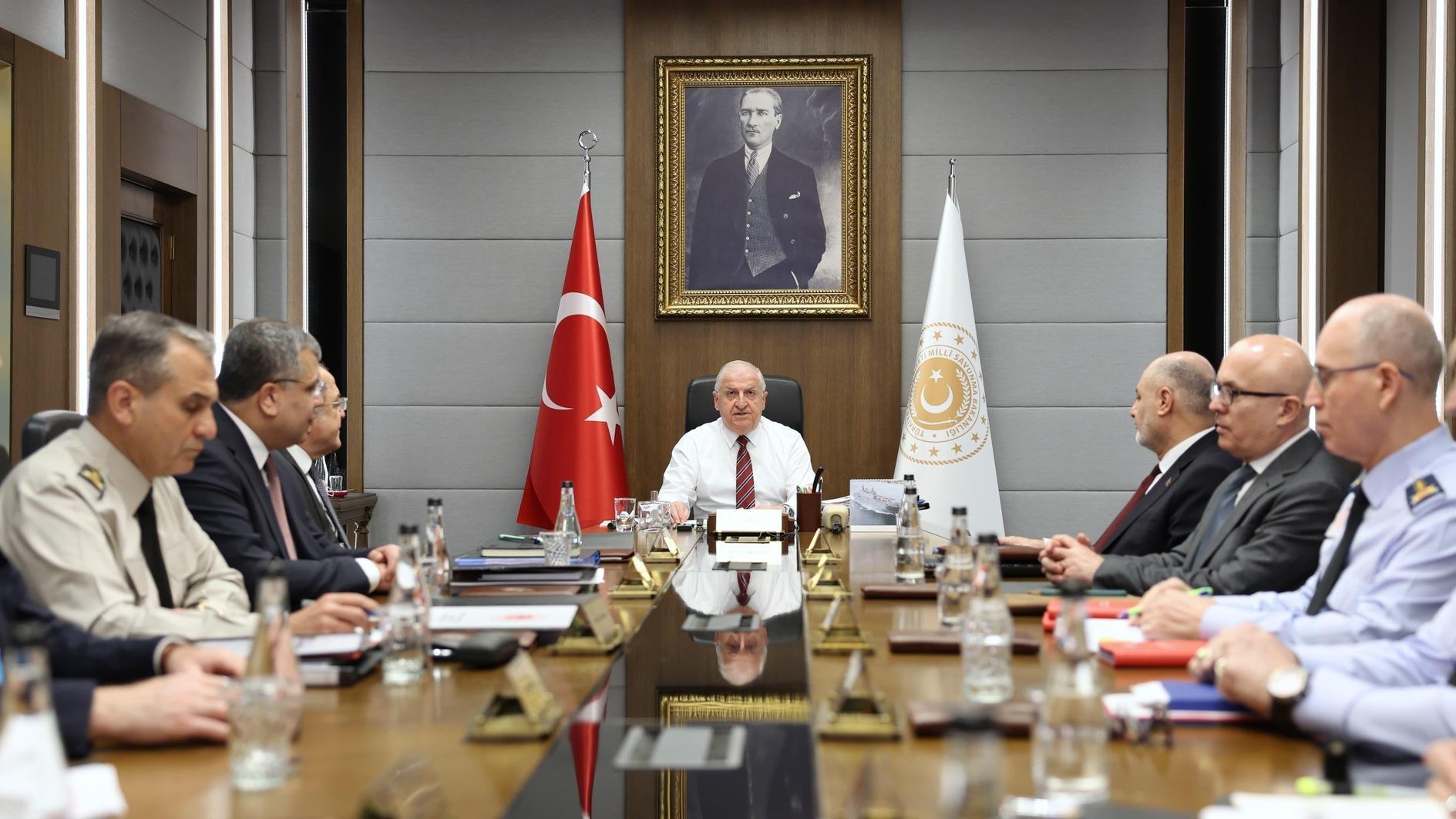Egypt and growing risk in Turkey’s Kurdish bid
It may be difficult to understand the Turkish government’s anger against the coup in Egypt and the lack of international support – at the level that they desire – for pro-Morsi protests without trying to understand the ideological fears and motivations behind it.
Prime Minister Tayyip Erdoğan actually revealed a bit of it during his Bursa speech on Aug. 17 by claiming that Turkey might also be targeted by those who stirred up Egypt to topple elected president Mohamad Morsi. Erdoğan reacts strongly when the police and propaganda methods used against unarmed civilians in Adawiya are compared with those used in Taksim square during the Gezi protests, but he feels free to make a political comparison. Despite much-debated coup attempt cases (Ergenekon and Balyoz) in Turkey ending with heavy penalties, Erdoğan still wants to endorse his power on his grassroots by showing the possibility of a coup in Turkey (without any rejection from the West) as a never disappearing threat.
Turkey’s reaction is now extended to strike a blow to the Secretary General of the Organization of Islamic Conference, Ekmeleddin İhsanoğlu, a Turkish academic who was elected to that post with a lot of Turkish lobbying in 2004. Deputy Prime Minister Bekir Bozdağ called on him to resign and Erdoğan’s spokesman in the ruling Justice and Development Party (AK Parti), Hüseyin Çelik, criticized him harshly on Twitter, mainly for not making statements on Egypt along the Turkish government’s line.
Turkish President Abdullah Gül called Prime Minister Erdoğan and Foreign Minister Ahmet Davutoğlu yesterday for a meeting about Egypt; it was cancelled at short notice.
Turkey’s “policy of principles” in the Middle East has some difficulties since the Arab Spring; Egypt is the third in line after Israel and Syria of the regional countries where Turkish ambassadors are withdrawn. Egypt is an example where Turkey wants to play a game where it is not in control of all parameters. It is hard to tell whether Syria or Egypt is currently the biggest problem for Turkey.
For Gül, Turkey’s biggest problem is the Kurdish problem though, and it is again hard to tell whether there is any real advance there.
The government was expected to announce a package and the outlawed Kurdistan Workers’ Party (PKK) was expected to withdraw its militants out of Turkish territory before the Turkish Parliament’s summer recess. As the PKK failed to keep its promise, the government has left the “democratization” package for the autumn months. That triggered concern within the PKK whether Erdoğan would think of the dialogue as a peg for local elections in March 2014 and then go back to security based policies. Their announcements of deadlines like Aug. 15, Sept. 1 and now Sept. 15, make Erdoğan further anxious in return.
But the tension in society grows, too. On Aug. 16, in a village of Diyarbakır, eight people were killed in clashes between two Kurdish families. The fight started when one of the families accused the other of deceiving their sons to go up to the mountains and join the PKK. The PKK “celebrated” the beginning of their armed campaign on Aug. 15, 1984 with public demonstrations carrying posters of their imprisoned leader Abdullah Öcalan and the militant that actually killed a Turkish policeman in the first attack.
Sözcü, a populist paper with mass circulation made that a headline on Aug. 17 asking Erdoğan why Turkish police, who used disproportionate force against unarmed demonstrators during Gezi protests, did nothing to intervene in the challenge of the PKK.
Erdoğan said over the weekend that he would announce a “democratization package” after having meetings with his AK Parti bodies and then the cabinet, possibly this week.











